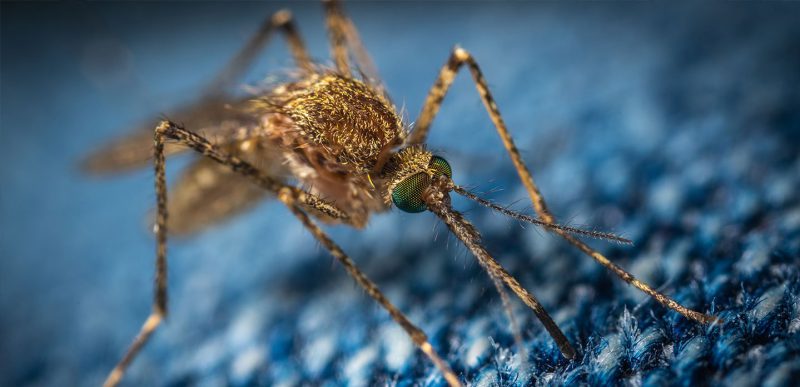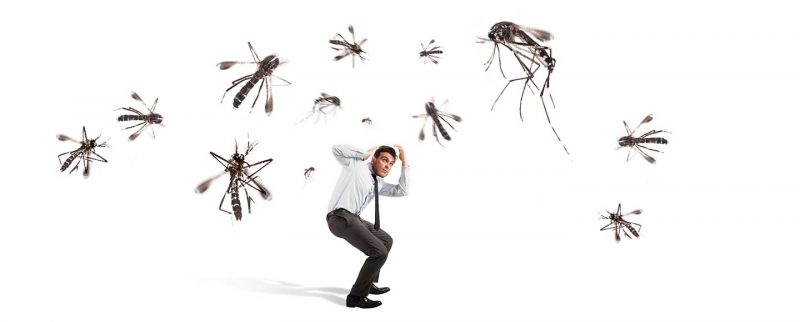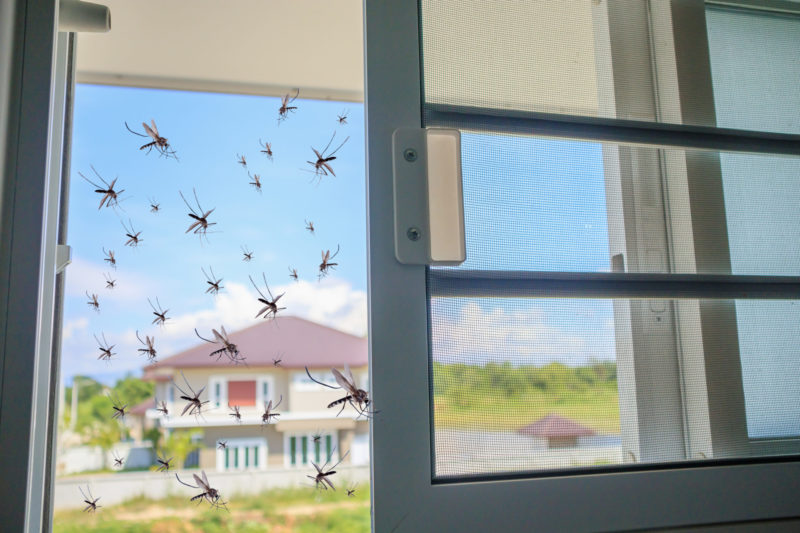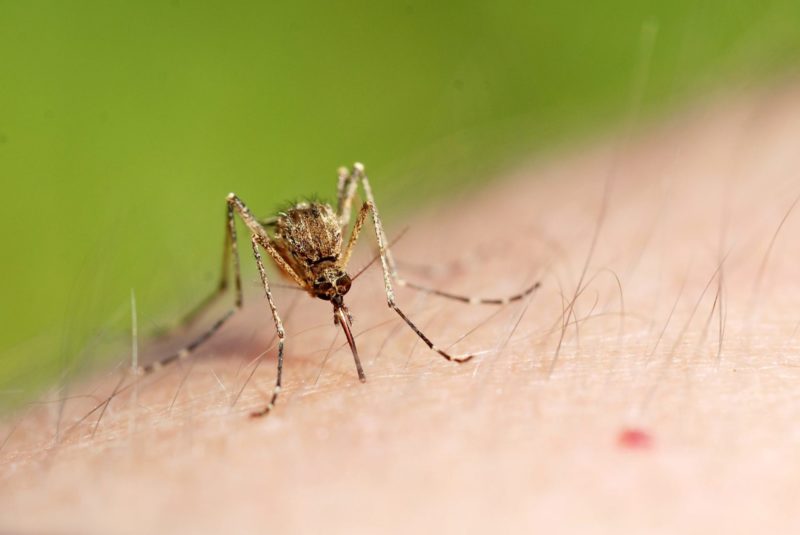Mosquitoes
Worldwide, mosquitoes are a scourge that claim millions of lives each year. They can be very annoying and are active throughout the humid and hot summer. Mosquitoes in New Zealand can spread a number of serious human diseases, such as dengue fever. Mosquitoes’ constant biting, which can result in allergic reactions, can also significantly interrupt daily living and social interactions.
Use our Flying Insect Control (FIC) solutions to give mosquitoes the Flick. Our selection of Flying Insect Control products will fit your house or place of business and keep pesky mosquitoes off your property all year long.
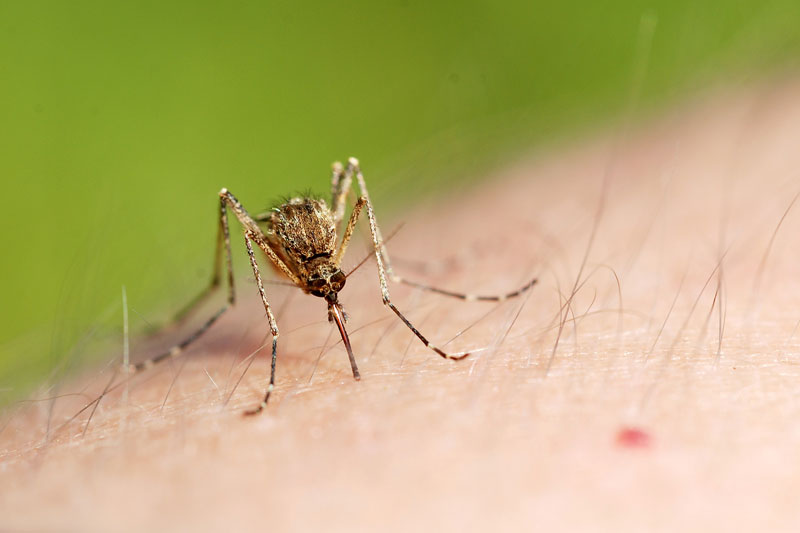
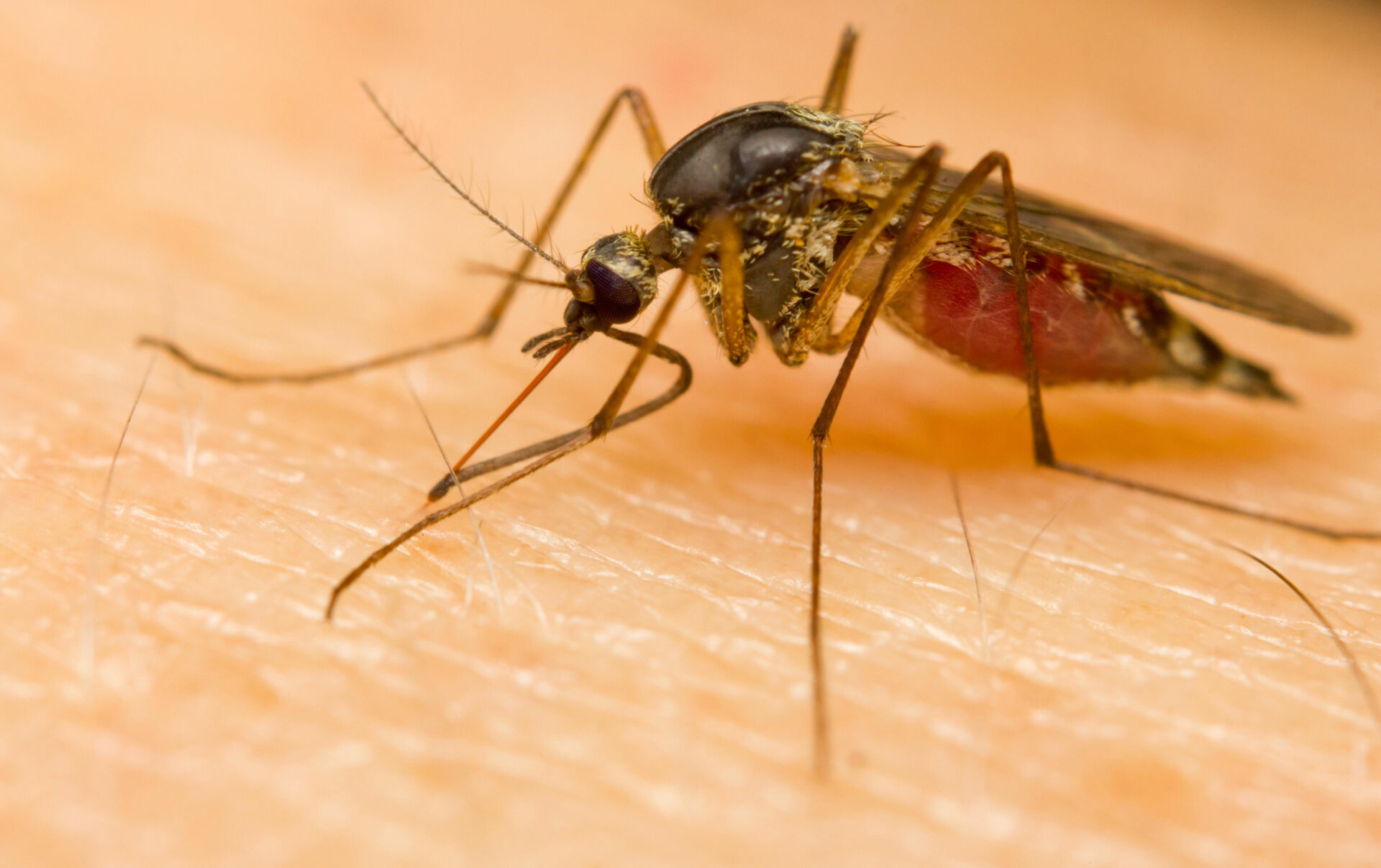
How to Identify Mosquitoes
Mosquitoes are small, flying insects that belong to the family Culicidae. They are known for their characteristic long, slender bodies and narrow wings. Mosquitoes have six legs and a proboscis, which they use to pierce the skin and feed on the blood of animals, including humans. Their bodies are typically grey or brown, and they have a segmented abdomen.
One of the key features of mosquitoes is their ability to reproduce quickly. Female mosquitoes lay their eggs in stagnant water sources such as ponds, birdbaths, or even tiny puddles. These eggs hatch into larvae, commonly known as wigglers, which then develop into pupae before emerging as adult mosquitoes.
Signs of a mosquito infestation can include a high number of mosquitoes buzzing around, especially during dawn or dusk when they are most active. Mosquitoes are attracted to stagnant water, so if you notice an increase in the number of mosquitoes around your property, it may indicate the presence of standing water nearby. Additionally, mosquito bites are a common sign of their presence.
It is important to identify mosquitoes accurately as they can transmit diseases such as dengue fever, West Nile virus, and Zika virus. By recognizing their key characteristics and understanding signs of a mosquito infestation, appropriate measures can be taken to control their population and reduce the risk of disease transmission.
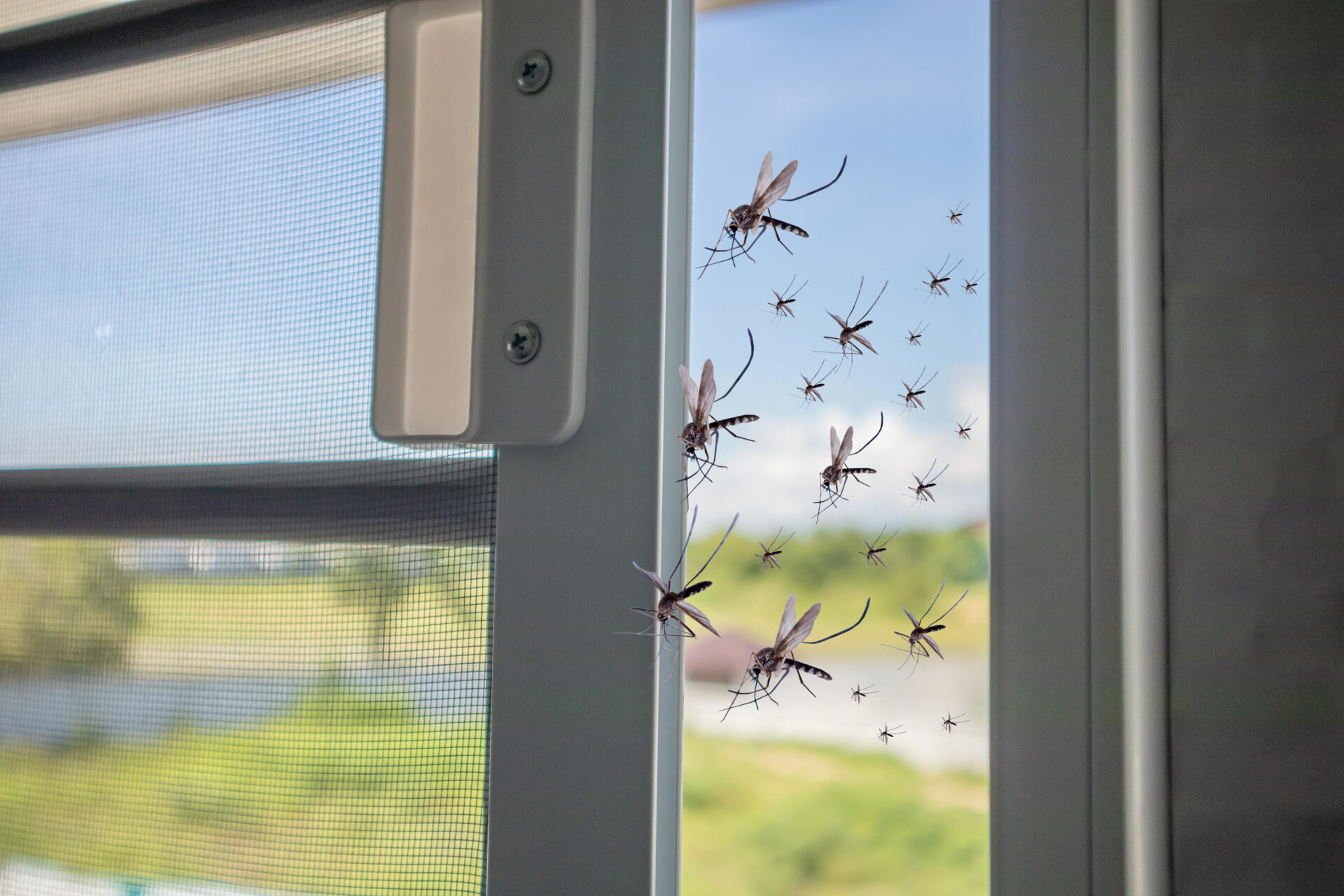
Preventative Measures for Mosquitoes
To prevent mosquito infestations and ensure they do not return in the future, there are several key measures that should be implemented. One of the most important steps is to regularly check for standing water around your property and eliminate it promptly. Mosquitoes require standing water to lay their eggs, so by removing these breeding grounds, you can greatly reduce their population. Additionally, maintaining well-maintained lawns and gardens can help prevent mosquitoes from infesting your property. This involves regularly mowing the lawn, trimming overgrown vegetation, and removing any fallen leaves or debris that can trap moisture and create ideal breeding sites for mosquitoes.
Another crucial step is to inspect rain gutters for inadequate drainage. Clogged or improperly functioning gutters can accumulate standing water, providing an inviting environment for mosquitoes to reproduce. Ensuring that gutters are clean, free-flowing, and properly sloped will prevent this issue.
It is important to be aware of potential sources where mosquitoes can lay their eggs. These sources can include flowerpots, birdbaths, uncovered garbage cans, pet water bowls, and even small containers such as bottle caps or discarded tires. Eliminating or treating these sources is essential to prevent mosquito infestations. This can be done by regularly emptying and scrubbing containers to remove any eggs or larvae, using mosquito larvae control products in water features, and covering larger items such as rain barrels with a fine mesh screen.
In some cases, it may be necessary to replace certain plants in your garden. Certain plant species can attract mosquitoes due to their ability to retain moisture or produce nectar, creating an attractive environment. Opting for plants that are known to repel mosquitoes, such as citronella or lavender, can help deter them from your property.
By following these preventive measures – checking for standing water, maintaining well-maintained lawns, inspecting rain gutters, eliminating or treating potential breeding sources, and replacing plants if necessary – you can greatly reduce the risk of mosquito infestations and ensure they do not return in the future.
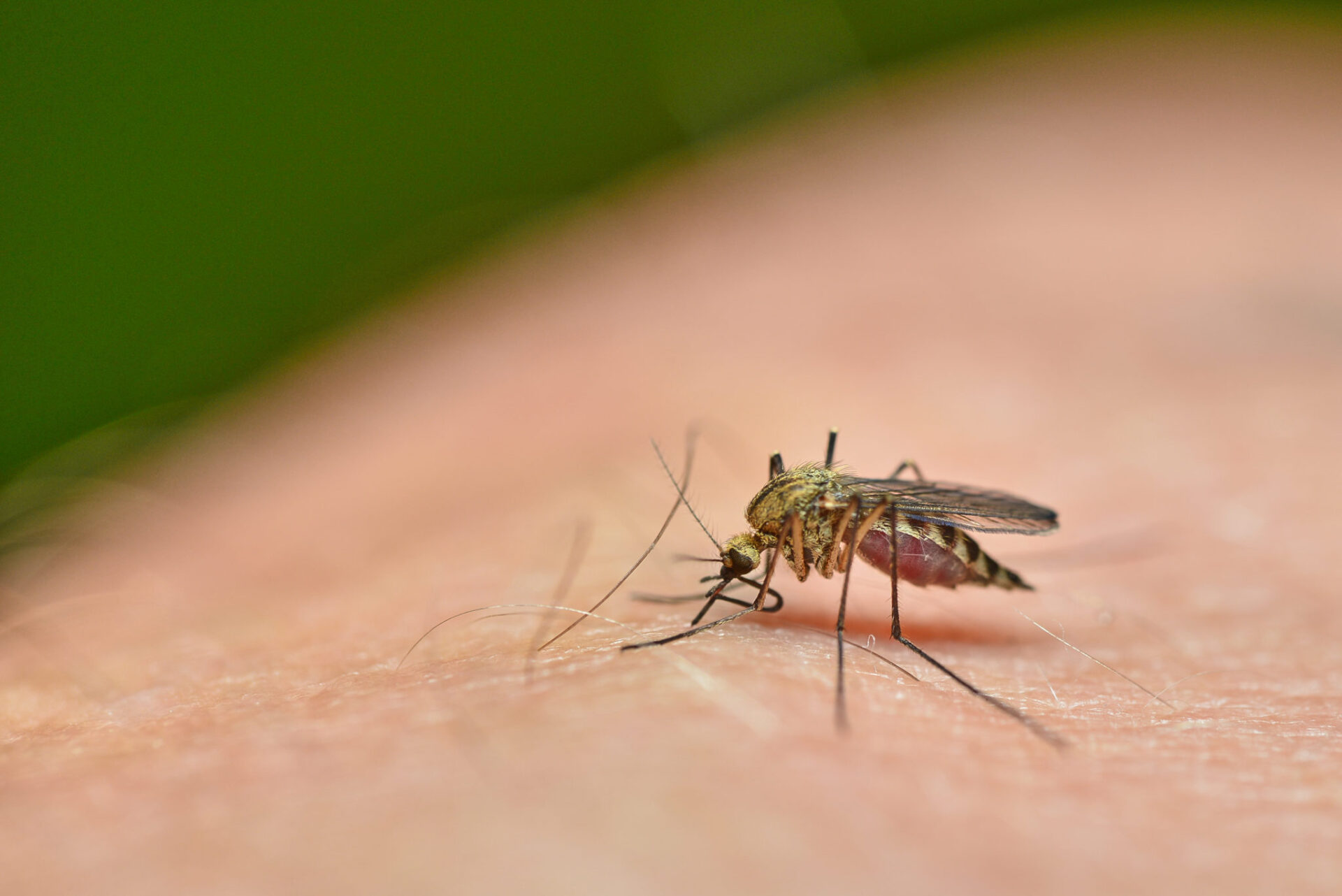
How Mosquitoes Are Treated
Flick Pest Control offers a range of mosquito treatments to effectively manage and control mosquito populations in New Zealand. These treatments can be categorized into two main types: the use of synthetic chemicals and natural insecticides, both of which target mosquito resting sites and water environments.
Synthetic chemicals are commonly used in mosquito control programs. These chemicals are highly effective in killing adult mosquitoes and reducing their population. They are typically applied as sprays or fogging solutions in outdoor areas where mosquitoes rest or breed.
On the other hand, natural insecticides derived from plant-based compounds are also used as an alternative to synthetic chemicals. These natural insecticides are considered safer for the environment, humans, and other non-target organisms. They are used similarly to synthetic chemicals, targeting mosquito resting sites and water environments.
However, it is important to note that the effectiveness of mosquito treatments relies on more than just chemical control. Removing potential breeding sites plays a crucial role in minimizing mosquito numbers. Ponds, plant pots, drains, and blocked gutters are common breeding grounds for mosquitos, as they provide stagnant water where females can lay their eggs. By eliminating or treating these sites, the opportunity for mosquito reproduction is greatly reduced.
By combining these preventive measures, it is possible to significantly reduce the mosquito population and mitigate the risks associated with mosquito-borne diseases.

Dangers of Mosquito Bites
Mosquito bites may seem minor, but they can pose significant dangers, especially in New Zealand. Mosquitoes are not just irritating pests; they can also transmit diseases to humans.
One of the most prominent diseases spread by mosquitoes in New Zealand is Ross River virus (RRV) infection. This viral infection can cause debilitating symptoms like joint pain, muscle aches, and fatigue that can last for weeks or even months. Another disease of concern is the O’nyong-nyong virus (ONNV) infection, which presents with fever, rash, and severe joint pain.
There is also a risk of acquiring mosquito-borne diseases contracted overseas, such as dengue fever, chikungunya, and Zika virus infections. These diseases can cause severe symptoms like fever, rash, joint pain, and in some cases, neurological complications. Although these diseases are not commonly found in New Zealand, there have been cases reported in travellers returning from affected areas.
Furthermore, some mosquitoes in New Zealand can carry and transmit parasites that cause diseases like malaria and filariasis. Although these diseases are not prevalent in the country, they pose a significant risk to travellers and immigrants from countries where these infections are endemic.
To protect oneself from mosquito bites, especially in New Zealand, it is essential to use insect repellents, wear long-sleeved clothes, and avoid outdoor activities during peak mosquito activity times, such as dawn and dusk. By taking these precautions, individuals can minimize the dangers associated with mosquito bites in New Zealand.
Commercial Pest Solutions
Integrated Mosquito Solutions
It is essential for businesses to prioritise the health and safety of their employees and customers. Mosquitoes not only pose a health risk but also damage property and reputation. Flick’s professional commercial pest control services provide tailored solutions to prevent and eliminate any pest infestations, ensuring a clean and hygienic environment for everyone. Our regular inspections and treatments help to maintain a pest-free workplace and protect your business from potential pest related damage. Trusting in Flick’s commercial pest control solutions is a smart investment in the long-term success and reputation of any business.
Learn more here or call 0800 710 010.
Common Mosquito Questions
What are the key characteristics of mosquitoes?
Mosquitoes are characterised by having only one set of wings, long, slender legs, and heads that are connected by a unique proboscis. They have small scales covering their bodies and wings. Mosquitoes range in size from 3 mm to 30 mm when fully developed (depending upon the species). About 3,000 distinct species exist. Numerous ecosystems are home to mosquitoes. The majority of the time, you will find adult mosquitoes in or close to stagnant pools of water since they need water sources to lay their eggs. This includes backyard water features including pools, ponds, and birdbaths as well as ditches, woodland pools, and floodwater.
What do mosquitoes feed on?
Mosquitoes consume fruit, sweet nectar, and other sweet things as food. In order to develop their eggs, female mosquitoes also feed on human blood. Females have a proboscis, a lengthy tube (their mouth), which can penetrate human skin to suck blood and gather nourishment, unlike males, who are just here for reproduction.
What factors attract mosquitoes to humans?
Mosquitoes are drawn to human sweat, which is why they have such a soft spot for people. Our sweat releases odours that insects find appealing. Human skin bacteria produce gases that mosquitoes can sense, such as lactic acid, uric acid, and ammonia. Mosquito bites are more common on exposed body regions like the wrists and ankles. Female mosquitoes are also able to sense carbon dioxide, which we generate every time we breathe, from a distance of more than 50 metres.
Why are mosquitoes attracted to some people and not others?
There has always been a tendency for some people to attract mosquitoes more than others. O blood types are twice as likely to be assaulted as A blood types, according to research. Bite risk is about typical for Type B individuals. Approximately 85% of people release a chemical signal that reveals their blood type, compared to 15% of people, and mosquitoes are more drawn to secretors regardless of blood type, according to scientists. Therefore, whether you’ll be attacked at the BBQ depends a lot on your genes!
Do I need professional mosquito control?
If you have an infestation, Flick’s skilled specialists will visit the trouble spot and identify the reproductive grounds. They will locate and eliminate any sources of standing water, use top-notch pest control solutions, and set up Flying Insect Control systems.
Common Mosquito Species
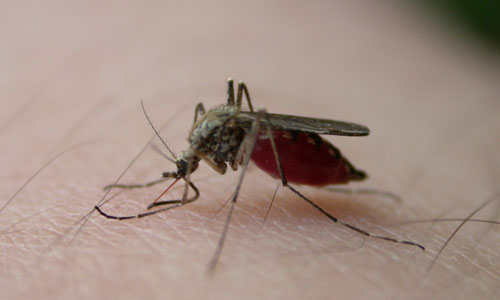
Common Mosquito
Apppearance
Ranges from 0.125 to 0.75 inches in length. Mosquitoes have three pairs of lengthy legs in addition to one pair of usable wings. distinguishable from other flies by the veins on their wings and the proboscis, a pointed, beak-like sucking mouth.
I found Mosquitoes! Help!
Don't worry, we're here to help. Follow these steps to stay safe until help arrives!
Call a Professional
Call Flick Pest Control Immediately.
If you encounter mosquitoes in your home or business, you may be dealing with an infestation. Don’t wait until the problem gets out of hand – we can help protect your property and ensure the health and safety of those around you. Fill out the form below or call 0800 710 010 today.
Leave the Mosquitoes Alone
Trust Flick Pest Control to handle the situation
Our pest control technicians have the knowledge, experience, and tools necessary to effectively and safely eliminate pests from your home or business. Attempting to treat mosquitoes on your own can be risky and may not fully eradicate the problem.
We will and ensure a safe and effective outcome for your property.
There May be More!
Don’t Go Looking Around!
Flick’s pest control experts will perform a thorough inspection of the property to identify any areas where mosquitoes may be present, followed by the development of a treatment plan tailored to the specific needs of the situation. By implementing effective pest control strategies, we can help ensure a pest-free environment for you.

